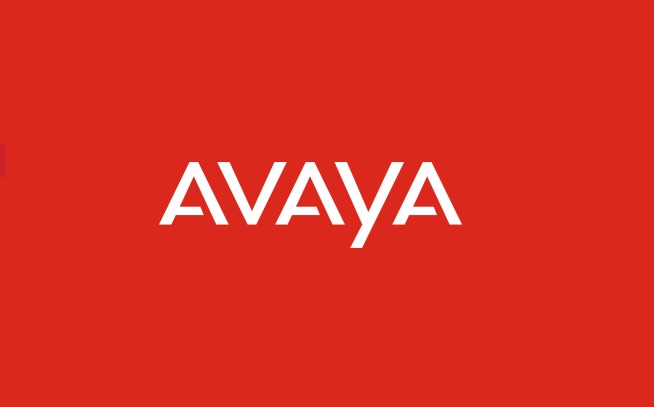US telecoms provider Avaya has filed for bankruptcy protection as it attempts to restructure the business away from hardware and into software.
The company, which provides communications systems and software for enterprises and partners with major European telcos such as BT and Deutsche Telekom on call centre tech, filed under Chapter 11 of the US Bankruptcy Code, which provides temporary protection from creditors while a company attempts to restructure.
Avaya obtained a $725 million loan to support it during the Chapter 11 proceedings.
CEO Kevin Kennedy said that the restructuring, decided upon after an “extensive review”, was required as the company completed its “ongoing transformation to a successful software and services business”.
He said that the existing financial structure of Avaya had been put in place when it was a “hardware-focused” company.
The restructure, Kennedy said, would allow the company to reduce its debt burden and provide increased flexibility to invest in “innovation and growth”.
Avaya is mulling sales of some of its assets, but in its statement said at this point it would not sell its Contact Center business, which handles its call centre products.
Like many telcos, Avaya has attempted to broaden its portfolio to include solutions designed for mobile and cloud computing.
The news came as it revealed its 2016 financial year had seen sales fall nine percent to $3.7 billion. The company made an operating loss of $428 million in the year.
Software and services accounted for 74.9 percent of total revenue in fiscal 2016, up from 71.3 percent in fiscal 2015.
Amongst its partners in Europe are Deutsche Telekom, which signed a partnership with Avaya to develop the first cloud-based call centre solution in Europe.
The solution combined Avaya’s virtualised Aura software with Deutsche Telekom’s cloud infrastructure, application and service management and data protection and security.
Avaya has also worked with BT Wholesale to offer unified communications and contact centre technology.



